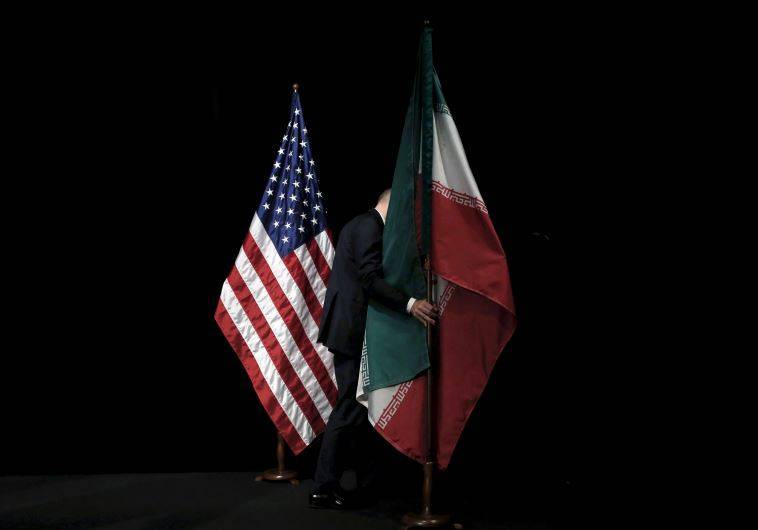It appears that the messages of de-escalation being sent by the United States to Iran will not stop with the announcement from a U.S. Department of Defense official regarding the departure of the American aircraft carrier (USS Nimitz) from the Gulf after nine months of deployment and the cessation of U.S. support for the war in Yemen. There is a new development in the same context, but this time it concerns the U.S. administration's interest in alleviating the financial pressures on Tehran.
The American news agency Bloomberg reported today that the administration of President Joe Biden is exploring ways to ease financial pressure on Tehran without lifting the major economic sanctions, including oil sanctions. The agency clarified that the Biden administration is considering methods to alleviate financial pressure on Iran without lifting key economic sanctions, particularly those related to oil sales.
Four informed sources quoted by the agency indicated that one option for the new U.S. administration in this regard is to support a loan from the International Monetary Fund for Iran to help address the economic repercussions of the coronavirus outbreak in the country. The sources noted that another option being considered by the Biden administration is to ease sanctions that prevent international assistance related to the coronavirus from reaching Iran.
The agency's report indicated that the adoption of such measures could be for humanitarian reasons, noting that the exemption from sanctions imposed on Iranian oil sales in international markets has not been seriously considered by the U.S. government. It is worth mentioning that Tehran requested $5 billion in aid from the International Monetary Fund last year to combat the coronavirus.
In addition to the coronavirus pandemic, Iran is facing economic difficulties due to the U.S. sanctions imposed on it, particularly on oil exports, which are Tehran's main source of income.
French Press Agency quoted Pentagon spokesman John Kirby announcing the departure of the American aircraft carrier (USS Nimitz) from the Gulf after nine months of deployment, pointing out that the United States does not plan to send an aircraft carrier to replace the one withdrawing from the Gulf, which was considered a strong signal of de-escalation with Tehran.
On another note, the new American President, Joe Biden, announced in his first foreign policy speech at the State Department in Washington that the United States would end its support for combat operations in the Saudi-led campaign in Yemen, emphasizing that this war "must end." The U.S. president confirmed that his country would intensify efforts to achieve a peaceful resolution to the Yemeni crisis, as Washington announced on January 27 a temporary freeze on some arms sales to the UAE and Saudi Arabia to review these agreements.




